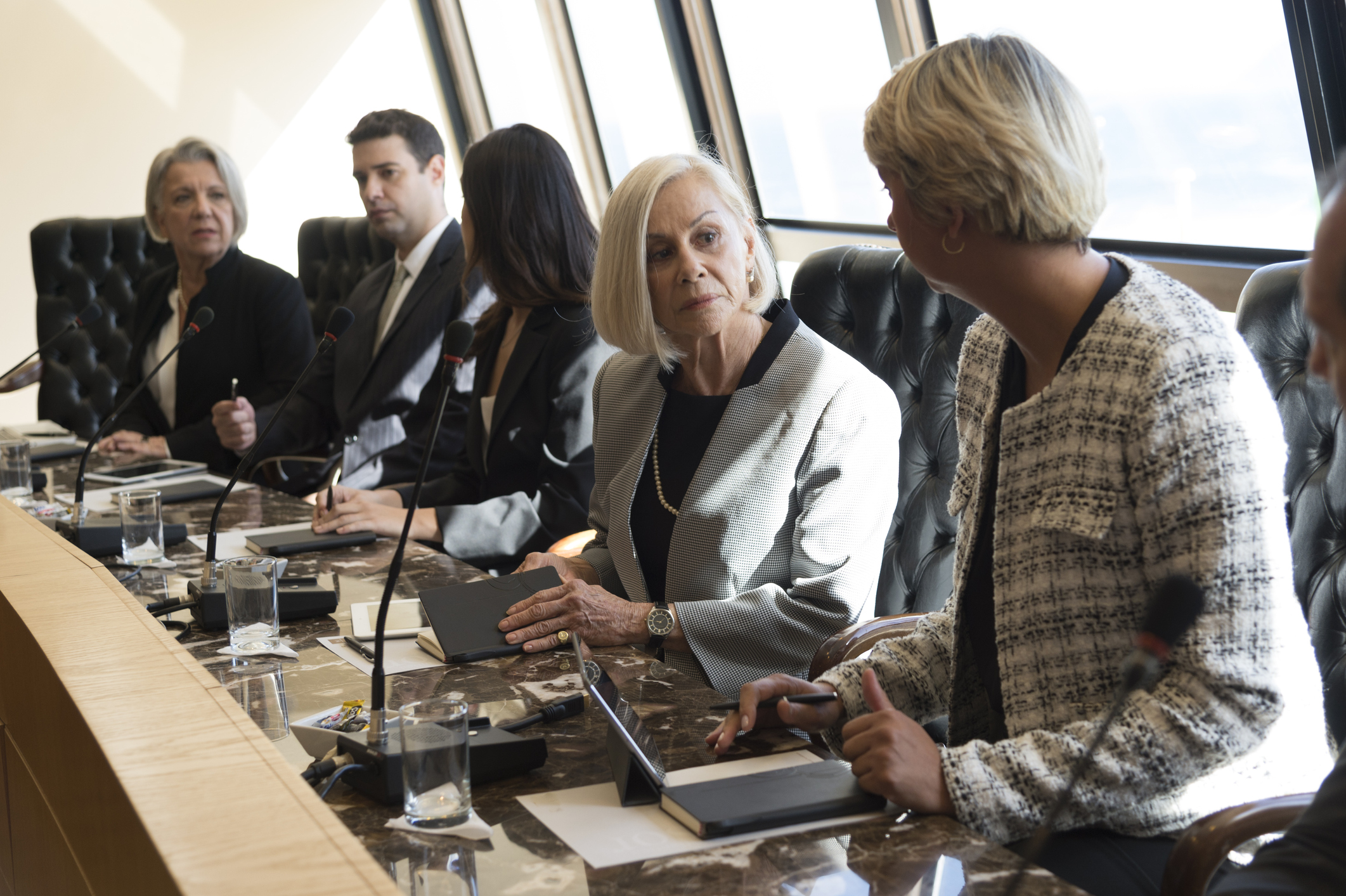Employees and entrepreneurs of both sexes are staying in the workforce longer, working well past the traditional retirement age of 65. But what’s notable lately is that in the wake of the #MeToo movement, more room has been made for older women to hold positions of significant power.
If the recent Golden Globe awards were any indication, older adults are having a real moment, and for once, women in their 60s, and 70s and even 80s are not only continuing to work but are gaining recognition and stepping out of the shadows to shine. Glenn Close, 71, surprised audiences by winning the best actress award beating out four younger actresses including Lady Gaga, Nicole Kidman, Melissa McCarthy and Rosamund Pike.
According to the United States Census Bureau, there are more women over the age of 50 in America than at any other time in history. They are living and working longer, are healthier and have a greater income than their mothers and grandmothers. And empowered by this independence and education, older women are taking their places in the corporate world, in academic circles and in government.
According to a recent New York Times report, nearly a third of U.S. women between 65 and 69 are currently working. In 2016, the average lifespan for women was 81.1 and 76.1 for men; with the numbers on their side, women have more time to step into important roles and help shape the future for the next generation. Nancy Pelosi, 78, recently elected Speaker of the House of Representatives, is just one of a growing number of older women taking leadership roles in their careers.
With more older women continuing to work, the role of caregiver for children, aging parents or spouses is also shifting. Instead of losing power as they age, women are starting to hold more powerful positions, but it’s only a beginning. It is estimated that for women to achieve gender equality in Corporate American it will take 100 years to overcome sex discrimination and career progress hindered by having children and caring for other family members.






Add Your Voice
0 Comments
Join the Discussion